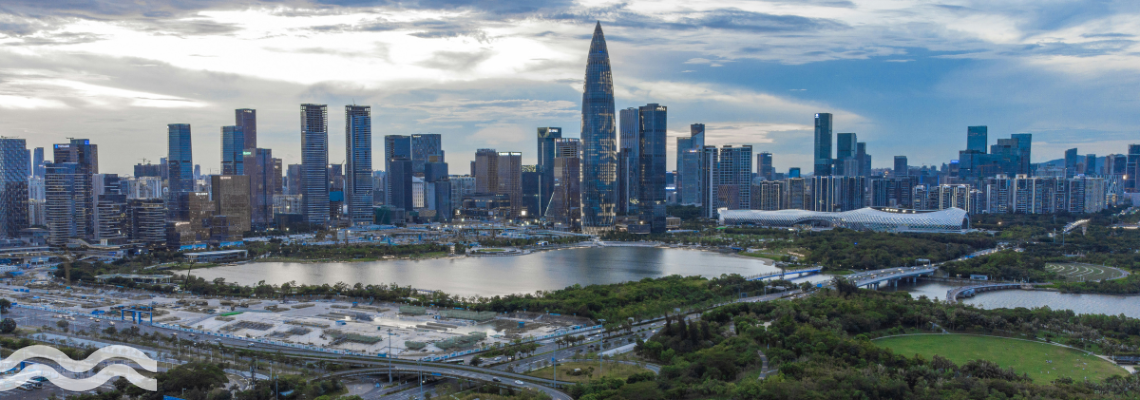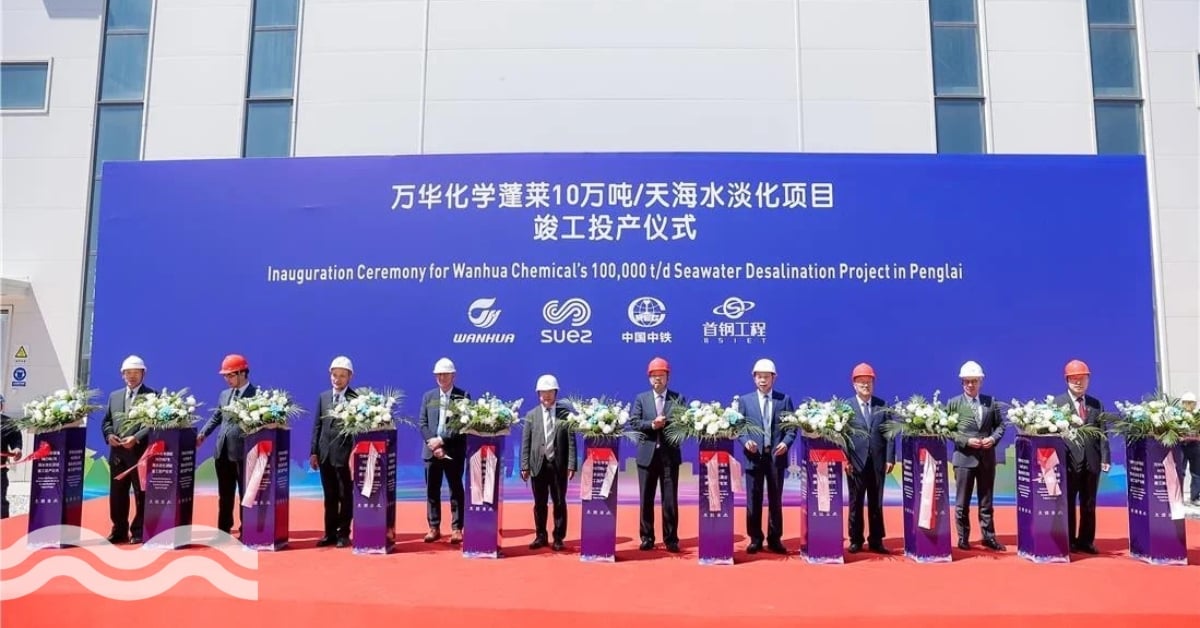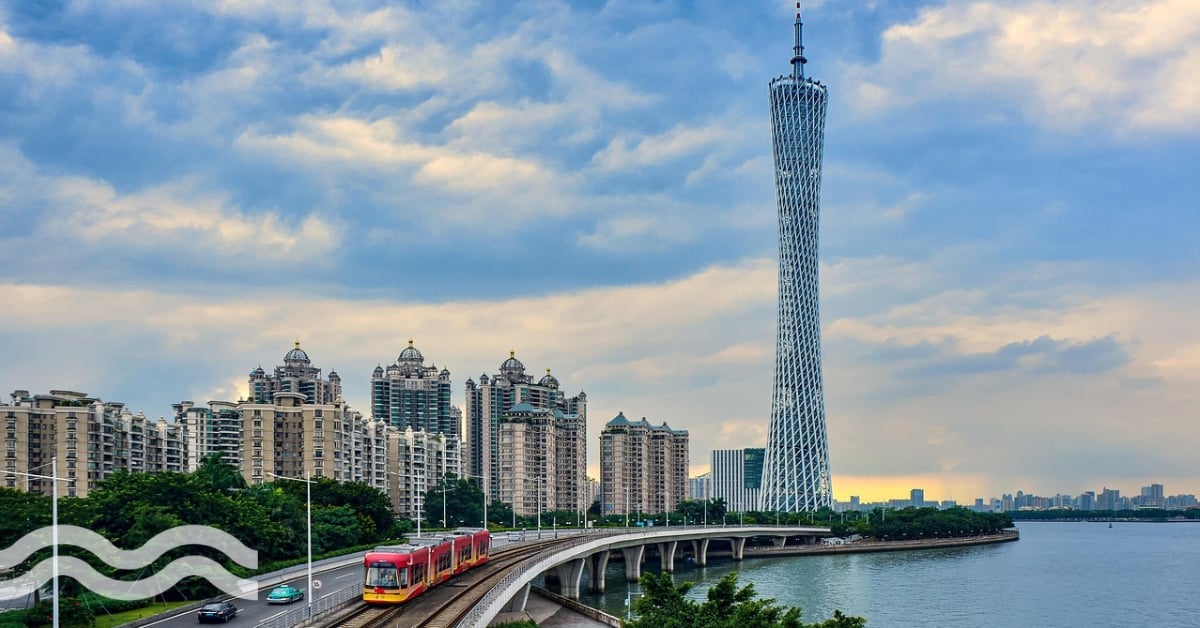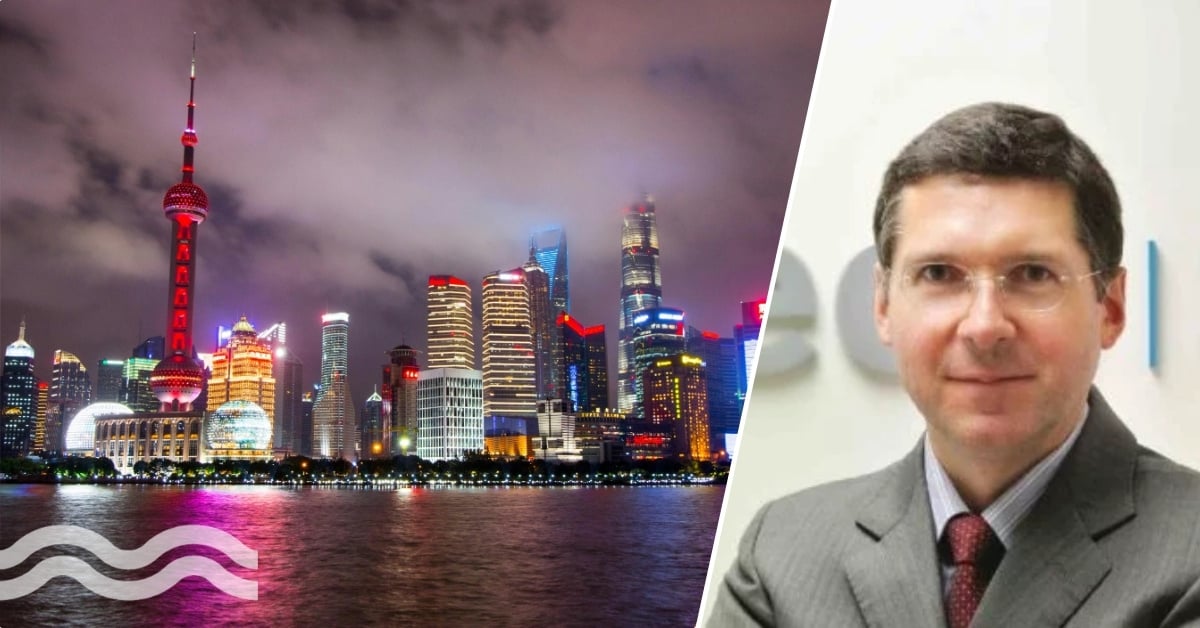Five reasons why China is still buoyant for international tech companies

With Aquatech China taking place in Shanghai from 11-13 December, we talk to Aniel Kerkvliet, chief representative, Netherlands Business Support Office (NBSO) Shenzhen, and find out why water tech companies should be confident about doing business in the country.
“It’s a very exciting market,” Aniel tells Aquatech Online. “It’s not an easy market, but if you know why you want to be in China, you have a good strategy, and are prepared to be patient, then the rewards are big.”
Here’s five reasons why China is an exciting market for water tech companies.
Government policy is focusing on water
Operating in China can take some adjustment for international companies. However, the way the country is governed can offer real benefits.
“The Beijing government writes five-year plans, which are implemented by the provinces and by the cities. This is not advice or guidance, like in other countries, these plans will definitely be carried out.”
Right now, there isn’t the capacity within China to do everything that needs to be done.
In the latest five-year plan, water is very high on the agenda, including water management, usage, savings and reuse.
“So that means policy is there, regarding water, and that it will be implemented. Right now, however, there isn’t the capacity within China to do everything that needs to be done.”
And this presents opportunities for international water tech companies.
Market opportunities for water tech companies in China

The market for water tech companies in China is huge. With government policy putting water on the agenda and with a shortfall in capacity there are opportunities for international companies to enter the market.
“If you have a unique technology that solves a problem, the Chinese will buy it. But you need to have a very good local partner, as it’s very hard to do things on your own as a foreign company, It is easy to get established, but if you want to want to work with state-owned enterprises/utilities (government departments) you need to work with a partner that already has connections and that understands the language and jargon of business. But it can be done.”
The city of Shenzhen has 47 water treatment plants. Compare that to Amsterdam, which has two.
Recently, the Dutch company NX Filtration closed a deal with Luckin Coffee, which has more than 10,000 shops on mainland China, to supply membranes to its water treatment plant. NX Filtration was awarded the contract because its sustainable nanofiltration membrane technology eliminates the need for chemical dosing in the water treatment process, while maintaining healthy minerals in the water.
“The city of Shenzhen has 47 water treatment plants. Compare that to Amsterdam, which has two. So, if you’re in with the Shenzhen Water Company you can sell your products 47 times rather than just two.”
Opportunities exist at national, provincial and city level.
Addressing water scarcity issues
Like many countries China faces a water issues, such scarcity, usage, infrastructure renewal, decentralised (waste) water recycling, desalination, circularity, and implementation of digital water technologies and monitoring systems.
The government is looking to address these issues.
“In the north of the country, especially, there is a big scarcity of water. This presents opportunities for companies working in both agricultural and industrial water treatment because reuse is a huge thing, a lot of water gets wasted, so there are advances to be made.”
A tech-ready country that wants to invest and lead
Water tech companies looking to work in China will find a country ready to invest in them.
“Technology development is very fast here. The Chinese people are happy to try new technologies, they are great adopters of technology, particularly in the bigger cities. If you have a good idea, it’s not too hard to find investment, whether venture capital or from other sources.”
Funding for innovation is not only available to Chinese companies.
“The city government in Shenzhen is sitting on a $ 1billion innovation fund and they are happy to support ideas and technology from international companies.”
Projects trialled on a huge scale
In Shenzhen, there is an ambitious plan to become the first city in China where residents can drink water straight from the tap without having to use a filter.
“A pilot is currently running in one area of the city, where this is now possible, but this is a city of 20 million people, so they need to scale it up to then roll it out to the entire city. Once this happens, the city becomes aspirational for the rest of China.”
It will be tried and tested on a much bigger scale than it can be back home.
Technological advances, lead to aspirations, which create the opportunities for projects on a scale many international companies will not always have access to.
A government agency in the Netherlands that manages dykes, water works, rivers etc, has an ongoing MOU with China to help them develop an academic understanding of technological development in water. While they are now very much on a par the two countries are happy to continue working together for mutual benefit. For the Dutch, the benefit is one of scale.
“The Dutch are happy because in China they work on a scale that we don’t have in the Netherlands. So, if they have a new technology, they can try it out in China, and it will be tried and tested on a much bigger scale than it can be back home.”
- More information on this year’s Aquatech China event can be found: www.aquatechtrade.com/shanghai


